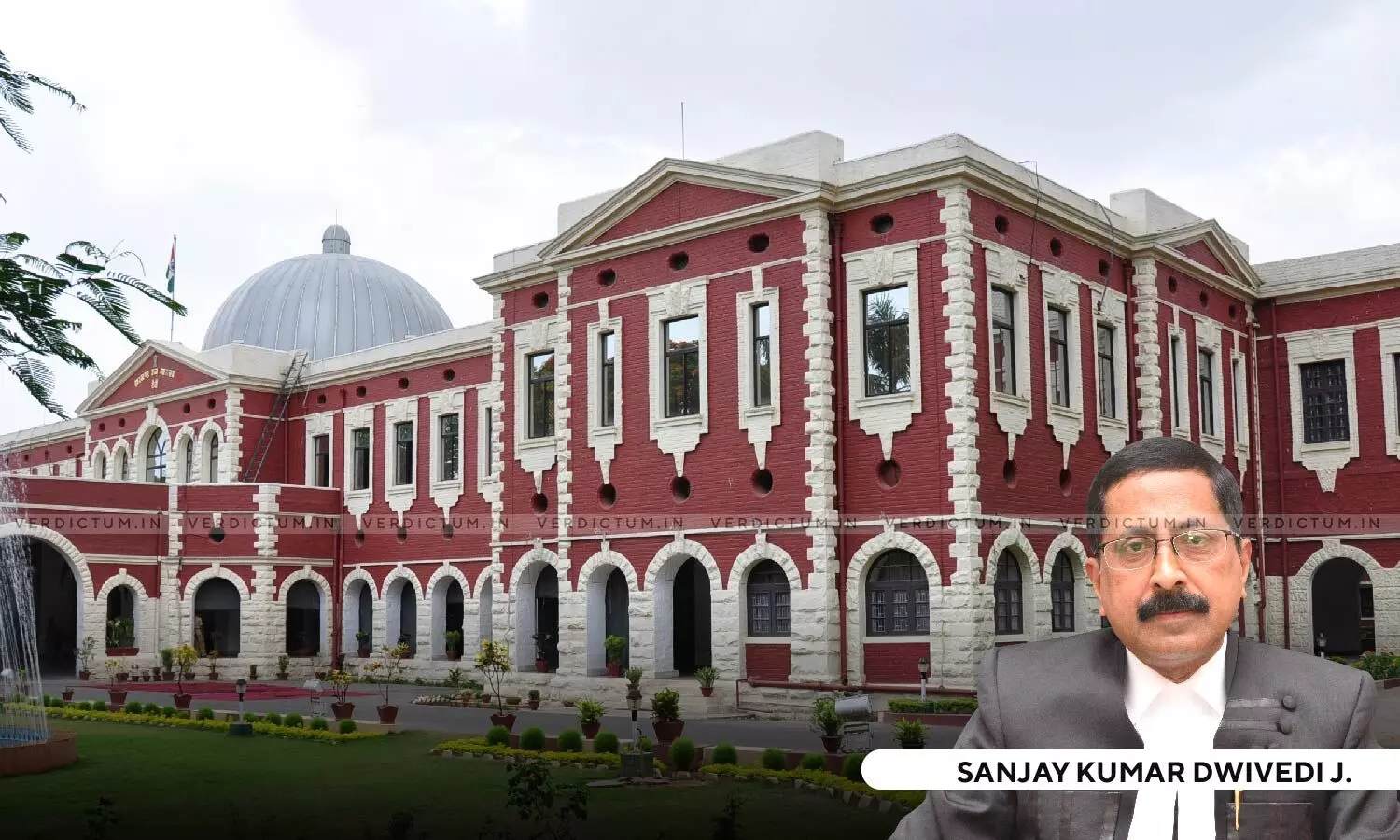
Public Representative Entitled To Raise Legitimate Public Issue: Jharkhand HC Discharges MP Nishikant Dubey From Criminal Case
 |
|The Jharkhand High Court discharged Member of Parliament Nishikant Dubey from a criminal case, holding that a public representative is entitled to a peaceful demonstration.
“The public representative is entitled to raise a legitimate public issue and for that, a peaceful demonstration is going on everywhere. The petitioner is not indulged in any act of violence”, the Bench of Justice Sanjay Kumar Dwivedi observed.
Advocate Prashant Pallava appeared for the Petitioner and Public Prosecutor Pankaj Kumar appeared for the State.
This petition sought to overturn an order issued by the Sessions Judge, Godda, which upheld the order of the Judicial Magistrate, First Class. The case pertained to an incident where the petitioner allegedly organized demonstrations and blocked a road near the Primary Health Centre, Poraiyahat. The petitioner, along with associates, reportedly obstructed a patrol vehicle, causing a traffic jam and refusing to heed requests to disperse. Despite interventions from local officials, the petitioner allegedly persisted until late in the evening, only relenting when the jam was eventually cleared at the petitioner's request around 11:45 p.m.
The Court noted that per the FIR the petitioner, a Member of Parliament, participated in a demonstration where a police officials were reportedly obstructed. However, it was also noted that the FIR itself mentioned the crowd dispersed peacefully upon the Petitioner's request, and no overt acts against public servants were alleged. Additionally, the FIR did not indicate that the Deputy Commissioner ordered the crowd to disperse, raising questions about prosecuting the petitioner solely based on the FIR, especially in light of constitutional protections under Article 19.
The Court emphasized the freedom of speech, assembly, and movement, protecting peaceful assembly under Article 19 of the Constitution as long as it didn't involve offensive language or violence. With no allegations of criminal force against public servants, the Bench noted that Section 353 of the IPC wasn't applicable.
Regarding Section 186 of the IPC, the Court observed that it mandates following the procedure outlined in Section 195 of the CrPC, where complaints must be made by specific authorities for certain offences. This means police can't register cases for offences under Sections 172 to 188 of the IPC solely based on an FIR.
The Bench observed that “if an action is needed under section 186 I.P.C, the procedure prescribed under section 195 Cr.P.C is required to be followed. In light of section 195 Cr.P.C the exception to the general rule contained in section 190 of the Cr.P.C. that any person can set the law into motion by making a complaint as it prohibits the court from taking cognizance of certain offences unless and until the complaint is made by some particular authority or person”.
Furthermore, the Court also observed that Section 141 of the IPC, defining unlawful assembly, wasn't applicable given the absence of elements like weapons or injuries in the FIR. Similarly, Sections 283, 290, and 291 of the IPC weren't relevant as the FIR didn't mention danger, obstruction, or injury, and the situation aligned with the constitutional rights under Article 19.
“Section 283 I.P.C speaks of causing danger, obstruction or injury. Nothing is there in the contents of the F.I.R. that any danger or injury was there. For application of section 290 I.P.C and section 291 I.P.C one has to go through the contents of the F.I.R and the tenor of the contents of the public nuisance in the F.I.R also attract Article 19 of the Constitution of India and if such situation is there, section 290 and 291 of the I.P.C are not attracted”, the Bench noted.
Regarding the principle of discharge, the Court emphasized the need for judicial discretion and careful assessment of allegations. While engaging its judicial acumen, the court shouldn't conduct exhaustive inquiries, as clarified in previous cases like State of Tamil Nadu by Inspector of Police, Vigilance, Anti-Corruption v N. Suresh Rajan and Others [(2014) 11 SCC 702] and M.E. Shivalingamurthy v CBI [(2020) 2 SCC 768].
Accordingly, the Court overturned the impugned order and affirmed the discharge of the petitioner.
Cause Title: Nishikant Dubey (Member of Parliament) v State of Jharkhand
Appearance:
Petitioner(s): Advocates Prashant Pallava and Parth Jalan
Respondent(s): Public Prosecutor Pankaj Kumar